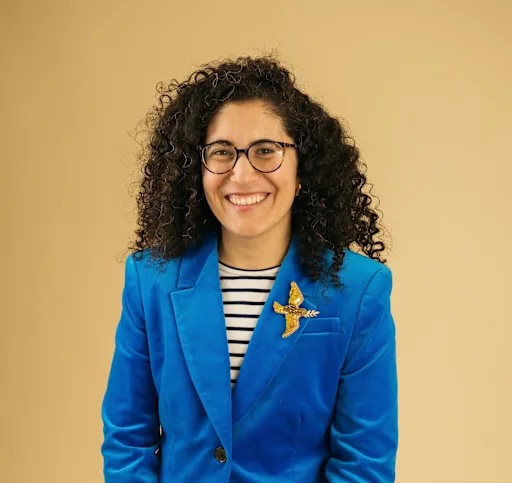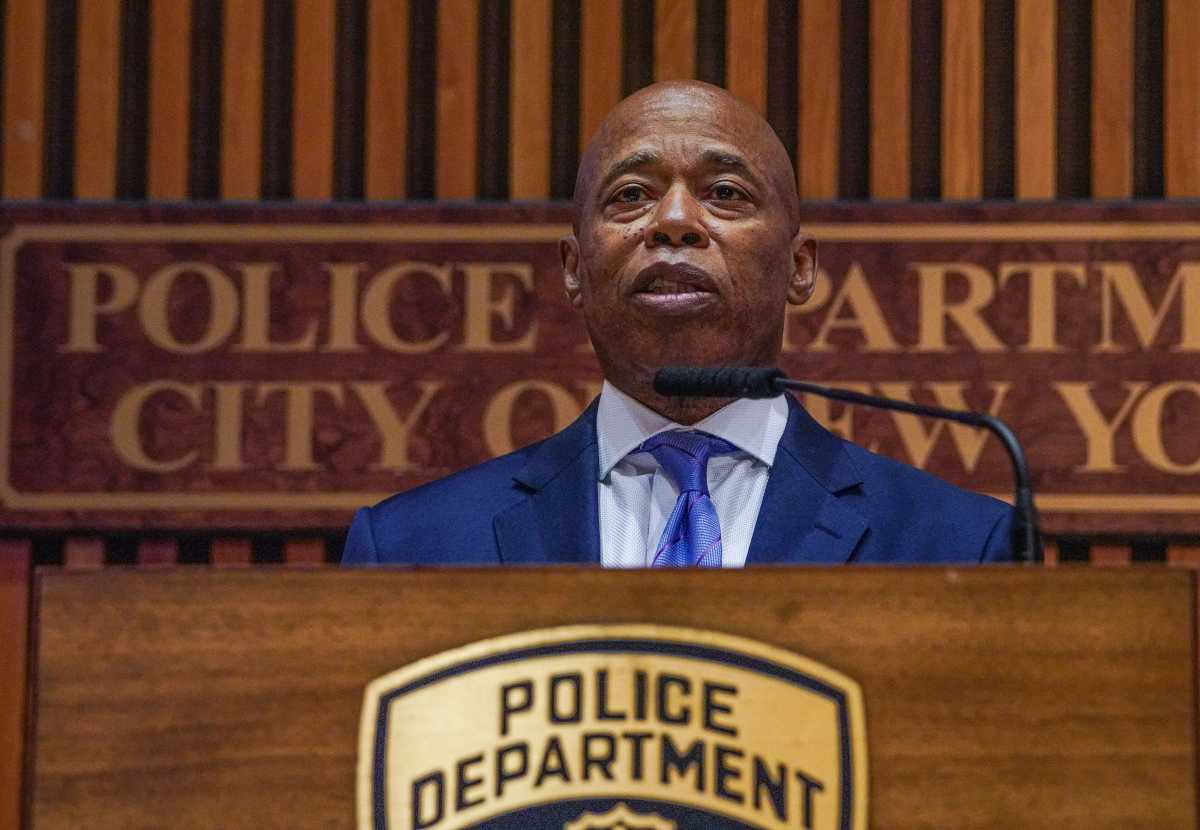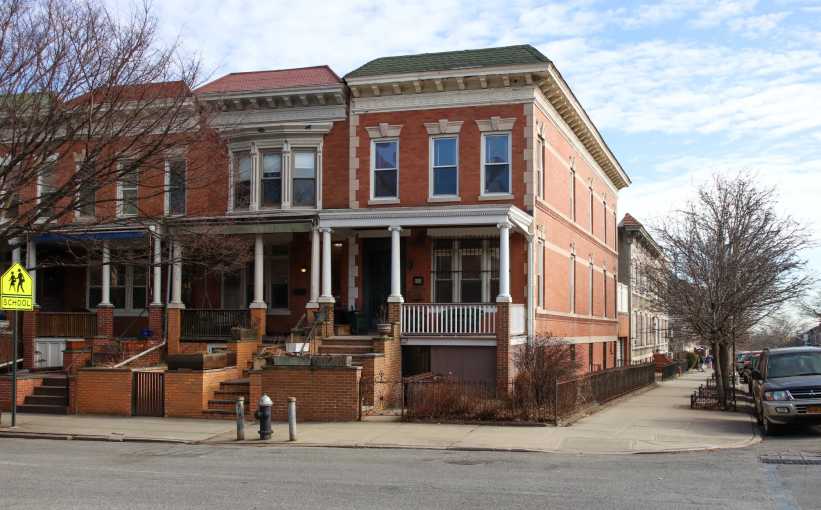Eighty-five percent of brain development happens during the first three years of life. For young children who need additional support, interventions like speech, occupational and physical therapies can create positive changes that have a lifelong impact on their social, physical and emotional health, as well as their success in school and beyond. That’s why New York’s Early Intervention program was created – to provide New York families with accessible resources to help their young children meet their developmental goals and thrive.
Unfortunately, for thousands of New York families, that help is not available because New York State is not investing in this critical state program. Waitlists for New York’s Early Intervention program are growing in every region of the state, meaning that more and more children are stagnating or regressing instead of thriving.
Nearly half of families whose children are evaluated and deemed eligible for early intervention services don’t receive them within the timelines established in the federal Individuals with Disabilities Education Act (IDEA). The New York State Department of Health and the State Office of the Comptroller released data showing that wait times are longer for Black and Hispanic children.
Additionally, therapists and providers are leaving the Early Intervention program because state-set payment rates are far below what their peers doing equivalent work in schools or hospitals earn. Some rates are lower now than they were in the 1990s. For example, payment for a common service fell from $79 in 1994 to $69 in 2023. If rates had kept pace with inflation, providers would be making 90%-140% more than their current pay.
The consequences of New York state’s disinvestment in its Early Intervention program cannot be overstated. Young children are losing precious months of development support with negative implications for their future and for our state. Two out of five children who receive services don’t need special education when they enter kindergarten. It’s shortsighted to limit funding for early intervention when we know it saves money in the long run.
The good news is that change is possible. There is a bill in the state Legislature that would raise early intervention payment rates by 11%, a first step toward attracting more providers to this field. I’m proud to support this bill, which has wide support in the state Assembly and Senate. Now, Governor Hochul must join the fight for these vulnerable young children by including more investments in early intervention in her proposed 2024 budget proposal.
Jessica González-Rojas represents Astoria, Corona, East Elmhurst, Jackson Heights and Woodside in the state Assembly.





































